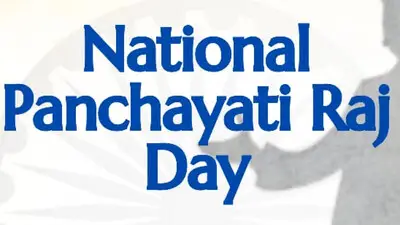Recommended Stories
It said that courts should encourage settlements of matrimonial disputes, particularly in view of "outburst" of such cases in recent times.
"If the parties ponder over their defaults and terminate their disputes amicably by mutual agreement instead of fighting it out in a court of law, in order to do complete justice in the matrimonial matters, the courts should be less hesitant in exercising its extraordinary jurisdiction," a bench headed by Justice P Sathasivam said.
The bench, also comprising justices J S Khehar and Kurian Joseph, said that the high courts should exercise power granted to them under Section 482 of Criminal Procedure Code to quash criminal cases in matrimonial disputes after the parties have compromised.
"There has been an outburst of matrimonial disputes in recent times. The institution of marriage occupies an important place and it has an important role to play in the society. Therefore, every effort should be made in the interest of the individuals in order to enable them to settle down in life and live peacefully," it said.
The bench set aside the Madhya Pradesh High Court's order which had refused to quash the FIR, filed by a woman against her husband and in-laws, after the parties agreed compromise.
"In our view, it is the duty of the courts to encourage genuine settlements of matrimonial disputes, particularly, when the same are on considerable increase," it said.
"Even if the offences are non-compoundable, if they relate to matrimonial disputes and the court is satisfied that the parties have settled the same amicably and without any pressure, we hold that for the purpose of securing ends of justice, Section 320 of the Code would not be a bar to the exercise of power of quashing of FIR, complaint or the subsequent criminal proceedings," the court said.
According to the bench, Section 482 of CrPC enables the high court and Article 142 of the Constitution enables the apex court to pass such orders.
"It is trite to state that the power under Section 482 should be exercised sparingly and with circumspection only when the court is convinced, on the basis of material on record, that allowing the proceedings to continue would be an abuse of the process of the court or that the ends of justice require that the proceedings ought to be quashed," the bench said.












